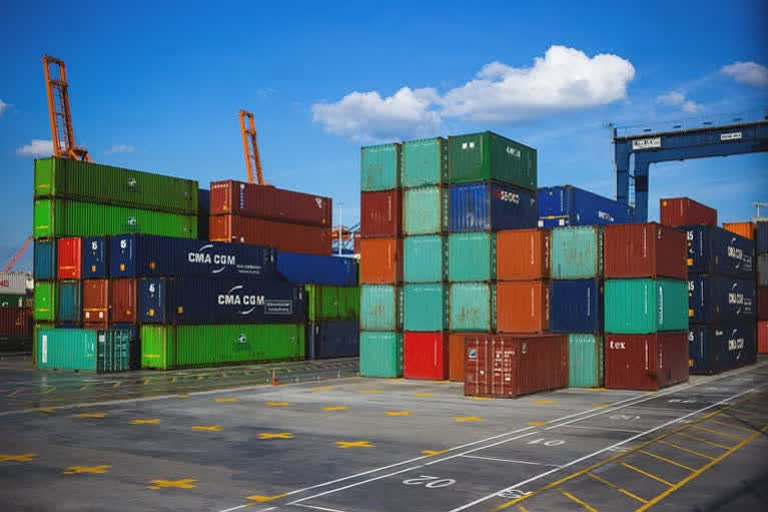New Delhi:Amid the country’s ongoing battle with highly contagious Sars-CoV-2 virus, which destroyed economies and livelihoods across the world, India’s commerce ministry this year focused on Atma Nirbhar Bharat (self-reliant India) by curbing the unnecessary imports, particularly in those sectors that are labour intensive or result in significant outgo of foreign currency on import of consumption items.
In 2020, as Prime Minister Narendra Modi called for an Atma Nirbhar Bharat to turn the adversity caused by the Covid-19 global pandemic, the ministry of commerce imposed restrictions on items where domestic capabilities exist such as Aggarbatti (scented sticks), new pneumatic tyres, power tillers and components and colour television sets, among others.
In a major development, the ministry also formulated technical regulations for 176 product lines (worth $ 49.9 Billion) this year and the regulations for another 371 products are under formulation.
In order to improve the ease of doing business ranking, the ministry was able to reduce the time taken in completion of an investigation from 281 days in 2018-19 to 234 days in the current financial year. Earlier, this kind of investigation usually used to take more than a year.
The ministry was also able to introduce a steel import monitoring system this year despite the difficulties caused by the outbreak of novel coronavirus.
Curbing Non-Essential Imports
This year, the ministry imposed restrictions on import of those items where either domestic capacity existed or could be developed in partnership with the industry. It not only encouraged the domestic production but also restricted imports of items such as Gold and Silver products, bio-fuels, Aggarbattis, new pneumatic tyres, power tiller and components and colour television sets etc.
Imports of items such as cut flowers, natural rubber etc are being discouraged by imposing port-restrictions. In addition to this, in order to reduce the imports of items such as toys and LED products and DC or AC supplied control gears for LED modules, these imported items have been now subject to compliance of BIS standards.
In a major decision, the import of ACs with refrigerants and writing and printing paper have been prohibited.
Between April 1 and December 30, 2020, the government initiated 43 anti-dumping investigations, 4 countervailing duty investigations and 1 safeguard investigation.
The DGTR issued final findings in 23 anti-dumping investigations and four safeguard investigations and preliminary findings were issued in 11 investigations during this period.
Helping hand in fight against Covid
In the initial days of Covid-19 outbreak, the country was dependent on import of critical pharmaceutical ingredients from abroad, particularly from China.
However, despite the supply side disruptions, the country was able to emerge as the world’s pharmacy during the Covid-19 pandemic and supplied Hydroxychloroquine to nearly 114 countries that sought India’s help in their fight against the deadly virus.
